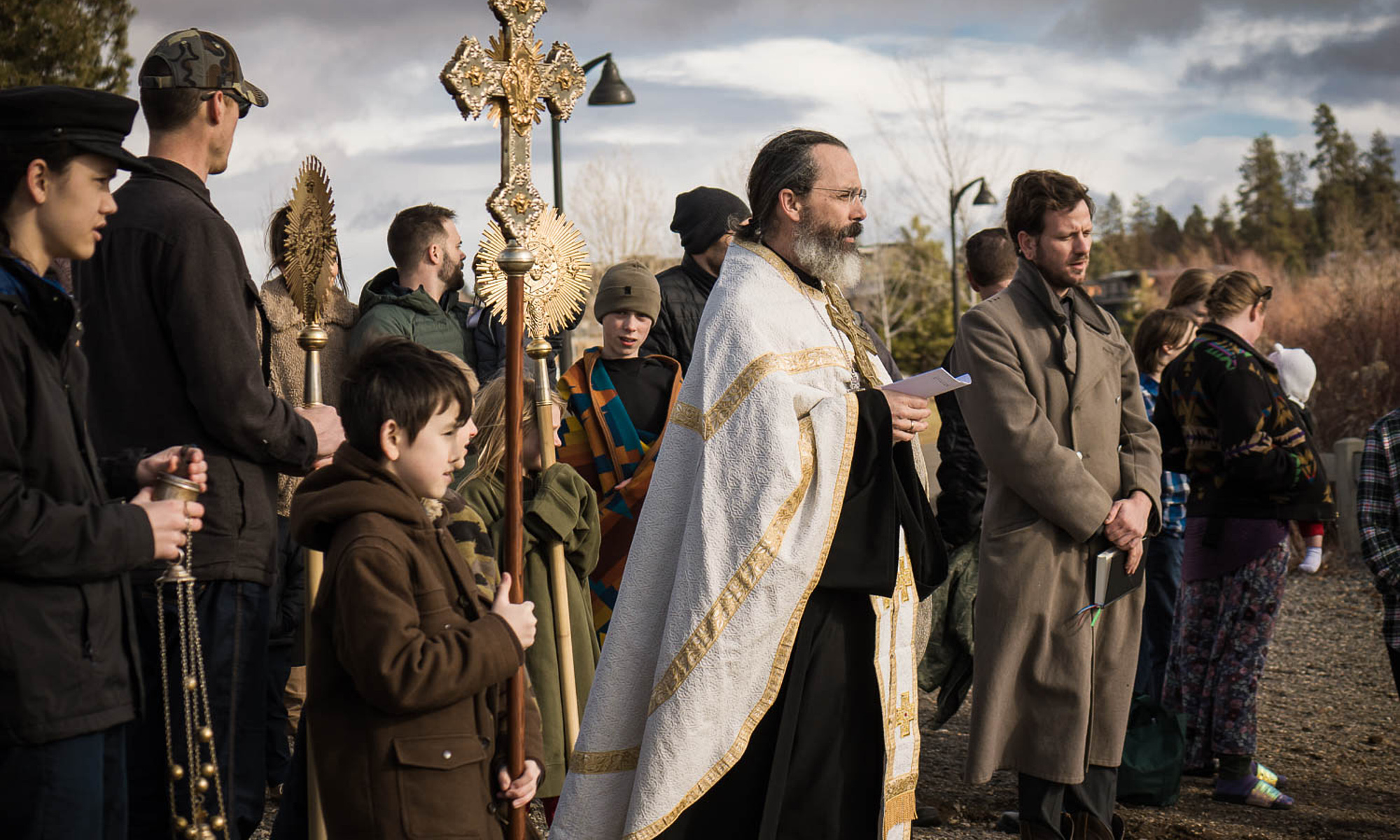What is abundantly obvious is that life in Alaska in the early and mid-1800s was full of trials. Having only married his wife, Anna, in 1826, she fell grievously ill with cancer in 1835, and was sent far down the Alaskan coast to Sitka for medical treatment, before falling asleep in the Lord the next year.
“This same day, May 29th (1836), I received the news of the death of my wife on March 19 of this year in Sitkha. She did not obtain the restoration of her bodily health, but she was cured spiritually, and, by the Will of God, entered eternity. On this occasion, to give me solace, my two brothers Osip and Anton, came here aboard the above mentioned transport vessel. Osip had leave to visit his kin. Anton had the opportunity to do so as he was aboard in the line of duty, serving as First Office on the brig. … This day, then for me, was marked by various events [in my life] which were met unexpectedly.”
And barely one month later:
Continue reading “Sorrows in a Tough and Demanding Land”